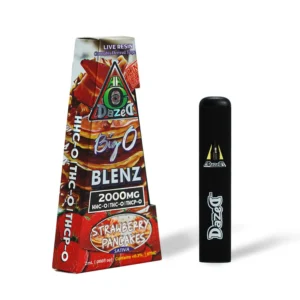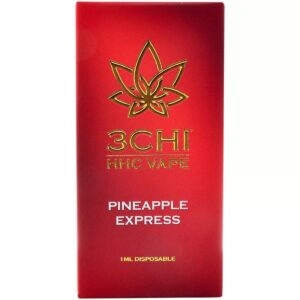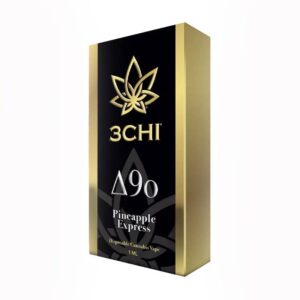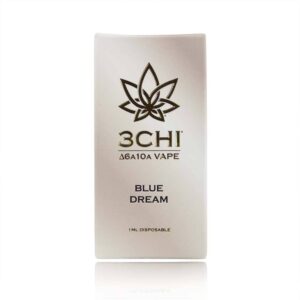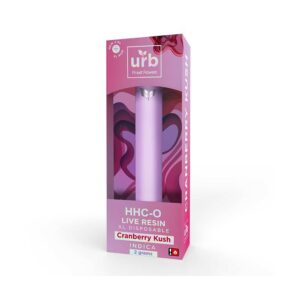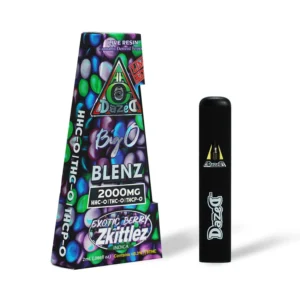
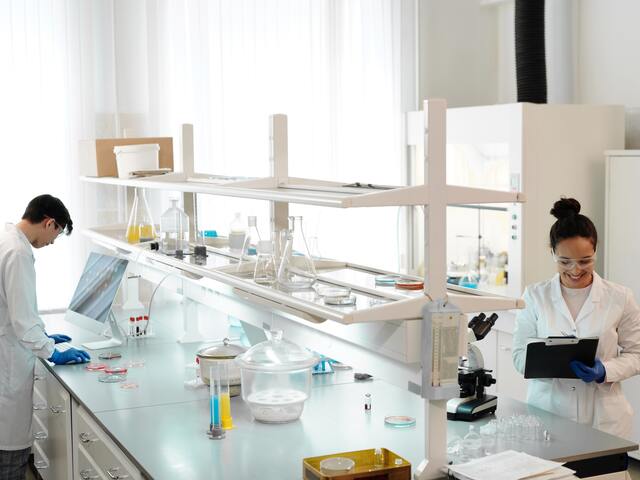
Lab Testing and Quality Assurance: Ensuring CBD Product Integrity
Lab testing plays a crucial role in ensuring the integrity and quality of CBD products. With the rise in popularity of CBD, it has become essential to establish standards and regulations to protect consumers’ safety and provide them with accurate information about the products they use. In this article, we will explore the significance of lab testing for CBD products and how it contributes to maintaining product integrity.
CBD, short for cannabidiol, is a non-psychoactive compound derived from the cannabis plant. It has gained considerable popularity due to its potential therapeutic benefits. However, with the growing CBD market, there is a need to ensure the safety, efficacy, and consistency of these products. Lab testing plays a vital role in this process, providing manufacturers, consumers, and regulators with valuable insights into product quality.
The Importance of Lab Testing for CBD Products
Understanding CBD products
CBD products come in various forms, including oils, tinctures, edibles, topicals, and more. Each product undergoes a complex manufacturing process, involving extraction, refinement, and formulation. Lab testing helps verify the accuracy of the product’s contents, ensuring that what is advertised on the label matches the actual composition.
Ensuring safety and quality
CBD products intended for human consumption must undergo rigorous testing to identify potential contaminants, such as heavy metals, pesticides, residual solvents, and microbial contaminants. These tests help ensure that the product is safe for consumption and free from harmful substances that could pose health risks.
Types of Lab Tests for CBD Products
Cannabinoid profile analysis
Cannabinoid profile analysis determines the concentration of cannabinoids present in a CBD product. This test helps manufacturers verify the potency of their products, providing accurate information about the levels of CBD and other cannabinoids, such as THC (tetrahydrocannabinol). It is crucial for labeling accuracy and compliance with legal limits.
Terpene analysis
Terpenes are aromatic compounds found in cannabis plants that contribute to their unique flavors and aromas. Terpene analysis helps identify and quantify these compounds in CBD products. The presence of specific terpenes can indicate the strain or variety of cannabis used, allowing consumers to make informed choices based on their preferences and desired effects.
Contaminant testing
Contaminant testing involves screening CBD products for potential contaminants, including pesticides, heavy metals, microbial contaminants, and residual solvents. These tests ensure that the product is free from harmful substances and complies with regulatory standards.
Benefits of Lab Testing
Accurate product labeling
Lab testing provides accurate information about the composition and potency of CBD products. This helps manufacturers create reliable labels that correctly represent the product’s contents, including CBD concentration, THC levels, and other cannabinoids. Accurate labeling builds trust with consumers and enables them to make informed purchasing decisions.
Consumer trust and confidence
Lab-tested CBD products enhance consumer trust and confidence. By undergoing thorough testing, manufacturers demonstrate their commitment to product quality and safety. Consumers can feel assured that they are purchasing CBD products that have been carefully analyzed and meet the highest standards.
Legal compliance
Lab testing is essential for legal compliance in the CBD industry. Regulations vary by jurisdiction, and lab testing helps ensure that products meet the specified requirements. By conducting thorough testing, manufacturers can navigate the complex regulatory landscape and avoid legal issues associated with inaccurate labeling or the presence of prohibited substances.
Choosing a Reputable Lab
When selecting a lab for CBD product testing, it is crucial to consider several factors:
Accreditation and certifications
Choose a lab that is accredited by recognized organizations and holds relevant certifications. Accreditation provides assurance that the lab follows standardized protocols and meets industry best practices.
Experience and expertise
Look for labs with extensive experience in testing CBD products. Experienced labs are more likely to understand the unique complexities of CBD analysis and have the necessary equipment and methodologies to provide accurate results.
Transparency and reporting
A reputable lab should provide comprehensive reports detailing the testing process and results. Accessible and understandable reports ensure transparency and allow manufacturers to confidently share the information with consumers.
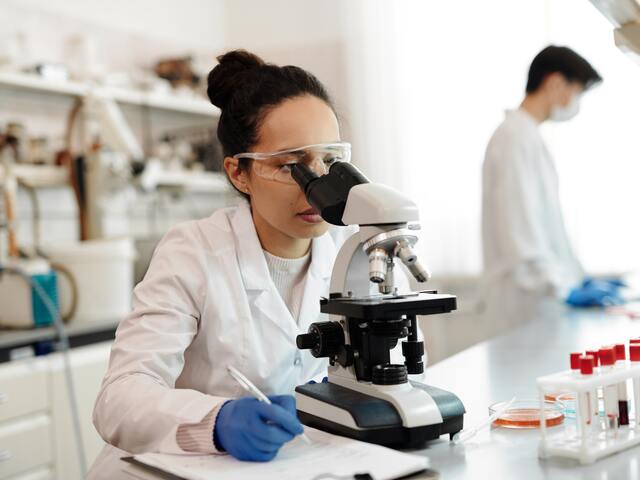
Lab Testing Process
Sample collection
The lab testing process begins with proper sample collection. Manufacturers should follow standardized procedures to collect representative samples that accurately represent the product’s composition.
Laboratory analysis
Once the samples are collected, they undergo various tests based on the desired analysis, such as cannabinoid profiling, terpene analysis, and contaminant screening. These tests utilize advanced analytical techniques to provide accurate and reliable results.
Reporting and interpretation
After completion of the laboratory analysis, the results are compiled into a comprehensive report. The report should include details about the testing methods, results, and any applicable regulatory requirements. Lab experts can help manufacturers interpret the results and provide insights into product quality and safety.
Common Lab Test Results and What They Mean
CBD potency and concentration
Lab tests determine the potency and concentration of CBD in a product. This information helps manufacturers ensure that their products have the desired CBD levels and comply with regulatory limits. Consumers can use this information to select products that suit their individual needs.
Terpene profiles
Terpene analysis reveals the presence and concentration of specific terpenes in a CBD product. Different terpenes contribute to the overall aroma, flavor, and effects of the product. Understanding terpene profiles helps consumers choose products with desired characteristics and experiences.
Pesticide and chemical residues
Contaminant testing detects the presence of pesticides, heavy metals, residual solvents, and other chemical residues. Lab tests ensure that CBD products are free from these contaminants, protecting consumers from potential health hazards.
Lab Testing Regulations and Standards
FDA guidelines
The Food and Drug Administration (FDA) provides guidelines for CBD manufacturers to follow. These guidelines outline good manufacturing practices, labeling requirements, and safety considerations. Lab testing assists manufacturers in meeting these guidelines and ensures compliance with FDA regulations.
ISO certifications
ISO (International Organization for Standardization) certifications are globally recognized standards that confirm a lab’s commitment to quality and competence. ISO-certified labs follow strict procedures and maintain high standards in analytical testing.
State and local regulations
CBD regulations may vary between states and local jurisdictions. It is essential for manufacturers to comply with these regulations, which may include specific lab testing requirements. Being aware of and adhering to regional regulations ensures legal compliance and consumer safety.
Lab Testing and Product Development
Lab testing plays a crucial role in product development and improvement strategies.
Formulation and dosage accuracy
Accurate lab testing helps manufacturers ensure consistent CBD concentration in their products. This enables precise formulation and dosage control, providing consumers with reliable and predictable experiences.
Stability and shelf-life testing
Stability testing assesses the shelf-life and quality of CBD products over time. By subjecting products to various conditions (temperature, humidity, light), manufacturers can determine how the product degrades and adjust formulations accordingly. This ensures that the product remains stable and effective throughout its intended shelf life.
Batch consistency and uniformity
Lab testing helps ensure batch-to-batch consistency and uniformity in CBD products. By analyzing samples from different production runs, manufacturers can identify variations and make necessary adjustments to maintain a consistent product experience for consumers.
The Role of Quality Assurance
Quality assurance (QA) is an integral part of lab testing and product development processes. QA involves implementing and maintaining standard operating procedures, adhering to good manufacturing practices, and conducting rigorous quality control measures.
Standard operating procedures
Standard operating procedures (SOPs) are documented instructions that guide lab technicians through the testing process. SOPs help ensure uniformity, accuracy, and precision in all testing procedures, minimizing variations and errors.
Good Manufacturing Practices (GMP)
Good Manufacturing Practices (GMP) are guidelines that ensure the quality and safety of CBD products. By following GMP standards, manufacturers can establish robust manufacturing processes, maintain cleanliness, and avoid cross-contamination.
What is Quality control and quality management
Quality control procedures involve regular testing and analysis of samples to validate the consistency and quality of CBD products. Quality management systems help identify and resolve any deviations from specified standards, ensuring that products meet the necessary criteria before reaching the market.
Conclusion
Lab testing and quality assurance are essential components of the CBD industry. By conducting thorough analysis, manufacturers can ensure the safety, accuracy, and consistency of their products. Lab-tested CBD products inspire consumer trust and confidence, setting higher industry standards and contributing to the overall integrity of the CBD market.
FAQs
Are there specific lab testing requirements for CBD products?
Lab testing requirements may vary depending on jurisdictional regulations. It is essential for manufacturers to be aware of the specific testing requirements in their target markets and comply with them.
How can lab testing benefit CBD consumers?
Lab testing provides consumers with accurate information about the composition, potency, and safety of CBD products. This helps them make informed decisions and ensures the products they purchase meet their quality and safety expectations.
Can I trust lab reports provided by CBD manufacturers?
It is crucial to choose CBD manufacturers that use reputable labs for testing and provide transparent and comprehensive lab reports. Independent third-party testing adds an extra layer of credibility and ensures unbiased results.
Can lab testing detect the presence of THC in CBD products?
Yes, lab testing can detect the presence of THC in CBD products and determine its concentration. This is important for compliance with legal limits and to provide accurate labeling information to consumers.
How often should CBD products be tested in a lab?
The frequency of lab testing may vary depending on factors such as product stability, shelf life, and regulatory requirements. It is generally recommended to test products regularly to ensure ongoing compliance with safety and quality standards.

